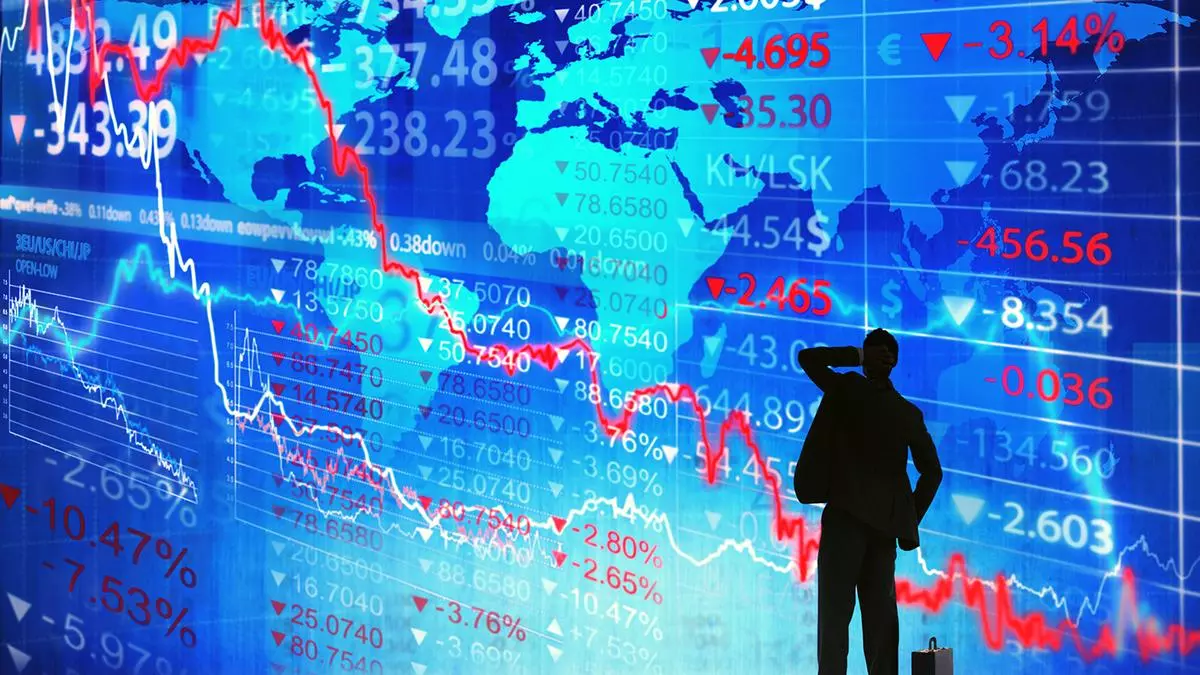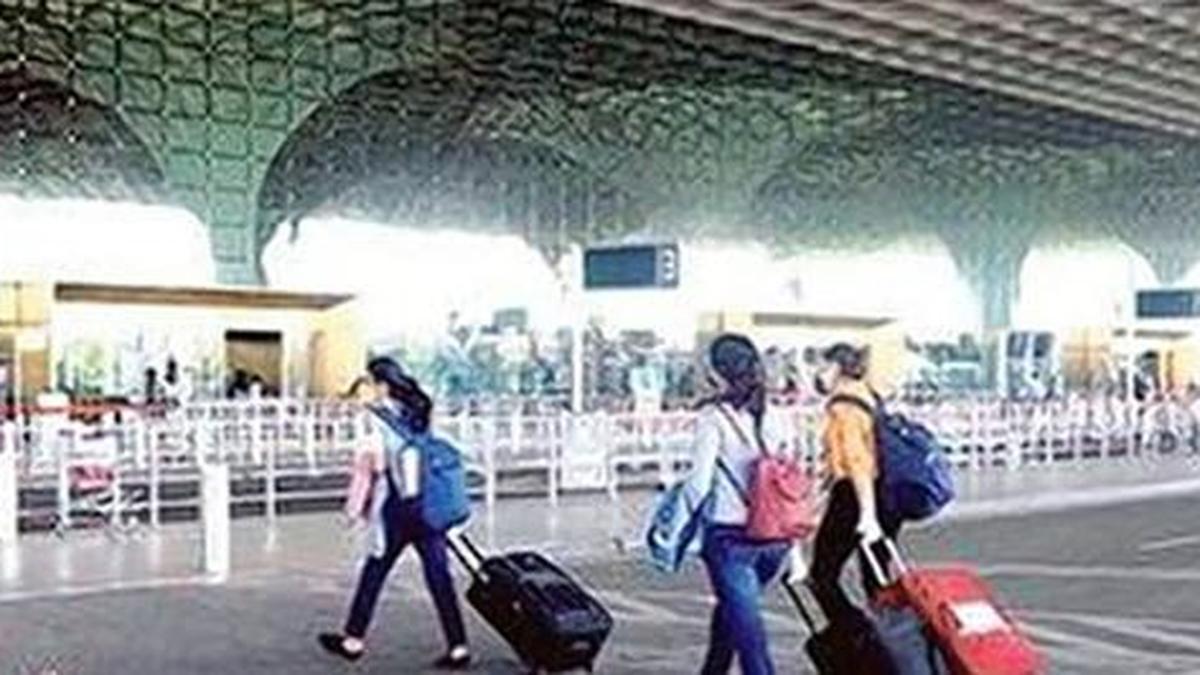As per a recent report by PWC, agriculture remains a high-priority sector of the Indian economy, accounting for the livelihoods of around 58 per cent of the country’s population.
It also occupies a prominent position in the global economy and contributes 11.9 per cent of the gross value added (GVA) in global agriculture ($3,320.4 billion), trailing next to China.
India’s food sector accounts for 24 per cent of India’s GDP and 25 per cent of employment, growing at a CAGR of 11 per cent and earmarked to reach a whopping $538 billion by 2025.
Undoubtedly, technology and innovative automation tools would be critical to revolutionising the agtech space as it is still in its transitory juncture, awaited by various roadblocks across the value chain. These challenges demand disruptive interventions, which can be delivered through technological solutions.
The entire system must embrace a holistic approach built upon indigenous and traditional farming knowledge integrated with transformative smart farming practices with the adoption of artificial intelligence (AI) tools and techniques.
In agtech, the fusion of blockchain and artificial intelligence (AI) has emerged as a potent force reshaping the agricultural landscape. This dynamic fusion not only aids with showcasing its efficiency gains but also promises to revolutionize the way we secure the agri-food supply chain.
Transparency and traceability being of paramount importance in ensuring food safety, quality assurance, and consumer trust, the combo of AI and blockchain in tandem will play a role of a gamechanger in enhancing transparency and traceability, from farm to table and also illustrate the agricultural implication of leveraging of such tools with its symbiotic relationship.
Dominance of AI in the future of agtech
The global market size for AI in agriculture stood at $852.2 million in 2019 and is expected to reach $8,379.5 million by 2030, exhibiting a CAGR of 24.8 per cent during the forecast period (2020–2030). This market growth is propelled by the increasing penetration of IoT in the agriculture industry with the implementation of data generation through sensors and aerial images for crops, leading to an increase in crop productivity through deep-learning technology.
Specifically, AI technologies are projected to grow at a compound annual growth rate (CAGR) of 25.5 per cent. Among AI interventions, IoT-enabled agricultural (IoTAg) monitoring is anticipated to be the fastest-growing technology segment, with an estimated value of $4.5 billion by 2025.
Real-time monitoring and precision agriculture powered by AI, robotics
From a global market perspective, the adoption of smart agricultural systems and technologies, including AI and machine learning (ML), is experiencing significant growth, with investment and spending touted to triple by 2025, touching $15.3 billion.
AI- and ML-based robotics, and smart tractors will play a pivotal role in creating practical options for many remote agricultural operations and properly intertwined with the use of robotics can be used by big agribusinesses for securing large segments of crop plantations in case of remote locations.
Adoption of AI technologies will pave the way for higher production with the optimum utilisation of available resources and facilitate predictive analysis of crop health management, which is the need of the hour. The operating costs for fertilizer distribution can further be kept in check with self-propelled robotics-based machinery, leading to improved yields.
Also robots doing bulk harvesting will aid in improving the size of the yield and reduce waste from crops being left in the field, which is currently a huge issue.
The role of AI will also spearhead in mapping the status of soil micronutrients, temperature, and moisture data along with pest historical reports and crop images along with predicting micro weather data and forecasts whilst optimizing inventory management and streamlining distribution in the process.
The application of role of AI will also help with streamlining the smart insurance claims process which will further improve the efficiency and risk cover for farmers & insurers whist the predictive system driven by Gen AI can result in predicting storage conditions and also come up with preventive measures to be taken to avoid stored food getting rotten.
In a nutshell, AI can be integrated with remote sensing and weather station data to conduct predictive analysis. This analysis can aid in determining optimal timing for sowing, scheduling irrigation, managing crop health through AI-driven pest control, and leveraging AI and blockchain technologies on market platforms to improve quality and traceability.
Blockchain & streamlining of smart contracts agricultural transactions
The decentralisation and immutability nature of blockchain helps to act as a robust shield in the face of challenges in agtech. By dispersing data across nodes, it guarantees resistance against cyber threats and system breakdowns. This decentralisation is especially important for safeguarding sensitive agricultural data and maintaining the stability of the entire agricultural system.
Smart contracts, born from blockchain technology, also simplify transactions within the agricultural supply chain. By automating compliance checks and contract execution, they decrease paperwork, reduce delays, and guarantee a fast and secure exchange of goods and services. This increased efficiency is especially significant in the field of agtech, where time-critical operations are common.
Challenges
While the common challenges plaguing the food supply chain industry generally include inefficiencies, fraud, contamination risks, and a lack of real-time data. The burgeoning issues will only add up, with the increase in food production demand in the future, bound to make the agricultural system unsustainable, forcing it to operate while sustaining high environmental costs and huge wastage of produce, which needs to be combated so as the agritech sector could flourish.
Some successful case studies
We have seen time and again how brands like Walmart, IBM Food Trust, and AgriDigital have stayed ahead of their peers by leveraging blockchain with the optimum level of its track and trace segment and combined with AI-driven predictive analytics. This has eventually also assisted farmers in maximizing crop yields and minimizing waste, resulting in considerable cost savings and environmental advantages.
Future trends road ahead
As AI and blockchain technologies advance, their role in the agriculture sector will expand and increase exponentially. Progress in AI-driven precision farming and blockchain-based supply chain optimisation holds the potential to revolutionise agricultural practices and promote sustainable food production, and the government has already started taking baby steps towards this. Supportive government policies and regulations will be the blueprint for encouraging the adoption and effective use of these technologies.
With the agriculture industry embracing innovation and agritech startups working on R&D and coming out with disruptive solutions, the agriculture sector seems to have a bright future for the sector to bolster whilst becoming a sector that also will create a lot of lucrative job opportunities that becomes the biggest allies of the farmers.
The author is Practice Head, Agritech Division at [x]cube LABS
Crime Today News | Business & Economy
Source | Powered by Yes Mom Hosting





